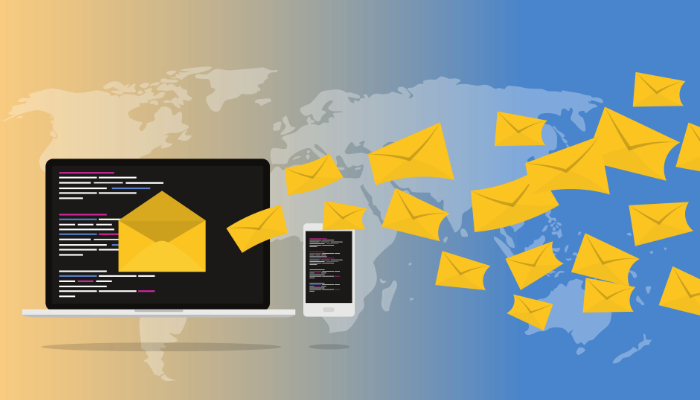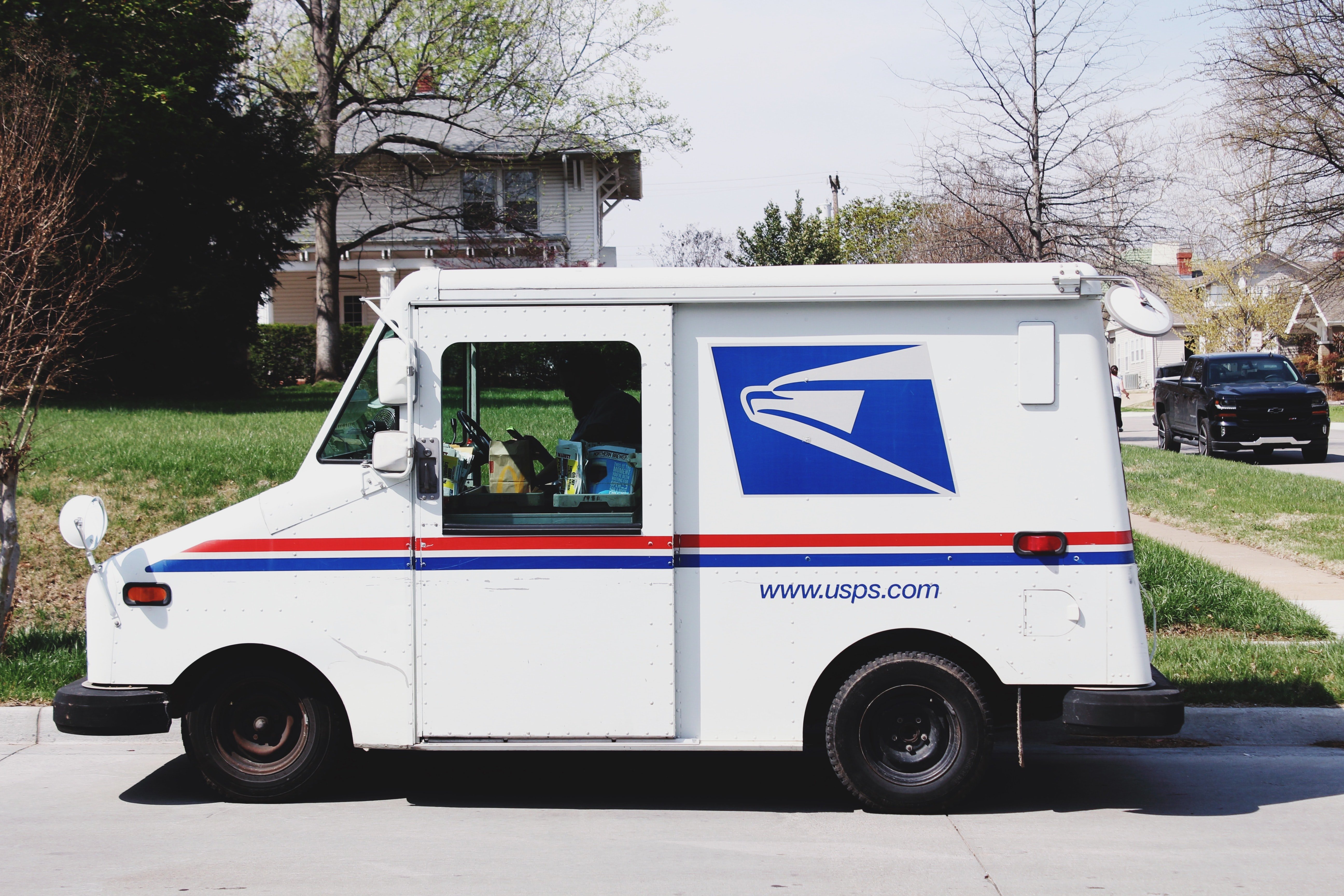
8 Email Marketing Tips to Increase Ecommerce Sales
Whether your ecommerce company is raking in a healthy revenue or it's falling flat, you can do better. As it turns out, the solution could be in your emails.
The right email marketing tips and strategies can make your numbers explode. From reeling in new customers to prompting existing customers to make more purchases, you have a lot to gain.
Amplify your business with these extremely effective email marketing tips.
1. Showcase Your Value
You can't earn a customer's business with email marketing if you don't have their email address. It sounds obvious, but many ecommerce sites don't realize how much money they leave on the table when they don't push email sign-ups.
Show customers, in no uncertain terms, what they can gain by signing up for your mailing list. A welcome discount is always a strong draw.
Advertise that discount loud and proud on your site. A subtle banner near your footer won't cut it. You need a clear call-to-action above the fold on your home page.
2. Get Rid of Abandonment Issues
Abandoned cart emails are nothing new, but they're so valuable that no ecommerce company should miss out. In fact, 7 out of 10 people are more likely to complete a purchase if they receive an abandoned cart email.
Your first abandoned cart email should go out soon after the customer leaves your site. Wait no more than three hours before reaching out.
In this timeframe, you may be able to remind the customer about that item they love before they take the time to shop elsewhere.
If the cart is still abandoned, send another email the next day. In this case, create a sense of urgency. Tell them when you will remove the items from their cart or tell them the product's stock is running low.
3. Use Visual Appeal
They say a picture is worth a thousand words, and that's true when it comes to grabbing a customer's interest.
Sending an abandoned cart email? Feature pictures of the products in their cart. Recommending products based on their purchase history? Show those products front and center.
Product pictures go a long way when you're introducing new products, too. However, they're especially helpful in personalized emails like product recommendations. You already know these products will appeal to the customer, so use that knowledge to capture their attention.
4. Broach the Subject
It shouldn't be a surprise that your emails' subject lines are crucial. Still, so many ecommerce companies don't know how to make those subject lines compelling.
Use your subject line to tell customers why to open that email.
Offering a discount? Shout it from the rooftops. Introducing new products? Announce it like you're announcing your newborn child.
At the same time, steer clear of clickbait territory. If you ever catch yourself using the words "you won't believe" or "you'll never guess," do a U-turn.
5. Push Your Buttons
This is another one of those tips that seems obvious, yet few ecommerce marketers think about it until someone points it out to them.
With every email you send, you should have a clear goal. There is a next step you want the customer to take. It could be browsing your products or going to that cart they've abandoned.
Whatever that goal is, make a button for it. Make that button so bright and prominent in your design that readers have a hard time turning it down.
6. Trigger Sequences, Not Emails
Many ecommerce sites use emails that are triggered by certain actions a customer takes. This could include abandoning a cart, submitting feedback, or clicking into a product's page.
As handy as triggered emails are, they're more effective when those actions trigger a series of emails instead of a one-off message.
For example, think about what happens when a customer creates an account on your site.
They probably get a welcome email already. Follow up that welcome email with a series of emails over the coming days. Introduce them to different areas of your site or features you can offer that they may not know about as a new customer.
Send an email about your referral program, one about your outlet site, and one about your companion blog. A series will get more attention than if you try to cram all this into one welcome email.
7. Track to the Max
With email marketing and all types of marketing for that matter, tracking is one of the most crucial actions you can take. You have no way of knowing what works and what doesn't if you have no data to compare.
Set up your site and your emailing program to track as much data as possible. Follow the actions customers take after they click into your site from your marketing emails.
Schedule time into your calendar to sit down and evaluate your data after each campaign and on a regular basis. This is the only way to have a clear understanding of which emails are pulling in business and which aren't.
Your email marketing data should be your ultimate guide in designing future campaigns and email marketing strategies.
8. Know Your Customers
What does your mailing list look like? Is it a singular list of email addresses and names? If so, this one's for you.
Segments are among the most crucial things you can do for your email marketing.
As you collect data about your customers, group them into different categories based on their interests.
Let's say your ecommerce site sells clothing. Have a segment for customers who buy children's clothing, as well as one for men's clothing buyers and one for women's. Add the customers who buy plus size or big and tall sizes to their own segment too.
This lets you personalize your emails based on the products each customer is most likely to buy.
Putting Email Marketing Tips to Work
There's no getting around it: ecommerce is a competitive industry. The good news is that every person around the world is a potential customer if you know how to reach them.
The email marketing tips above can help you transform your strategy and reach the goals you always knew were possible.
If your shipping process could use some TLC as well, shop SmartShyp's solutions.







.svg)